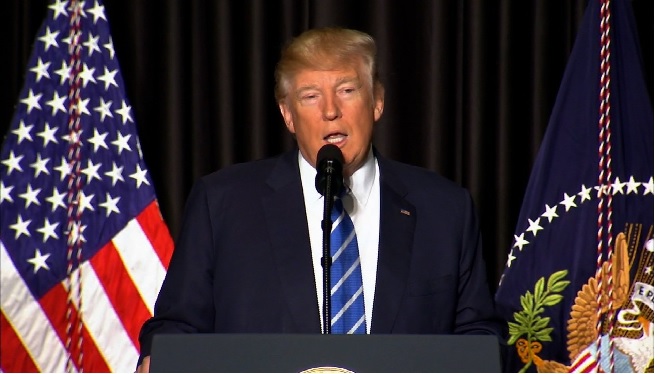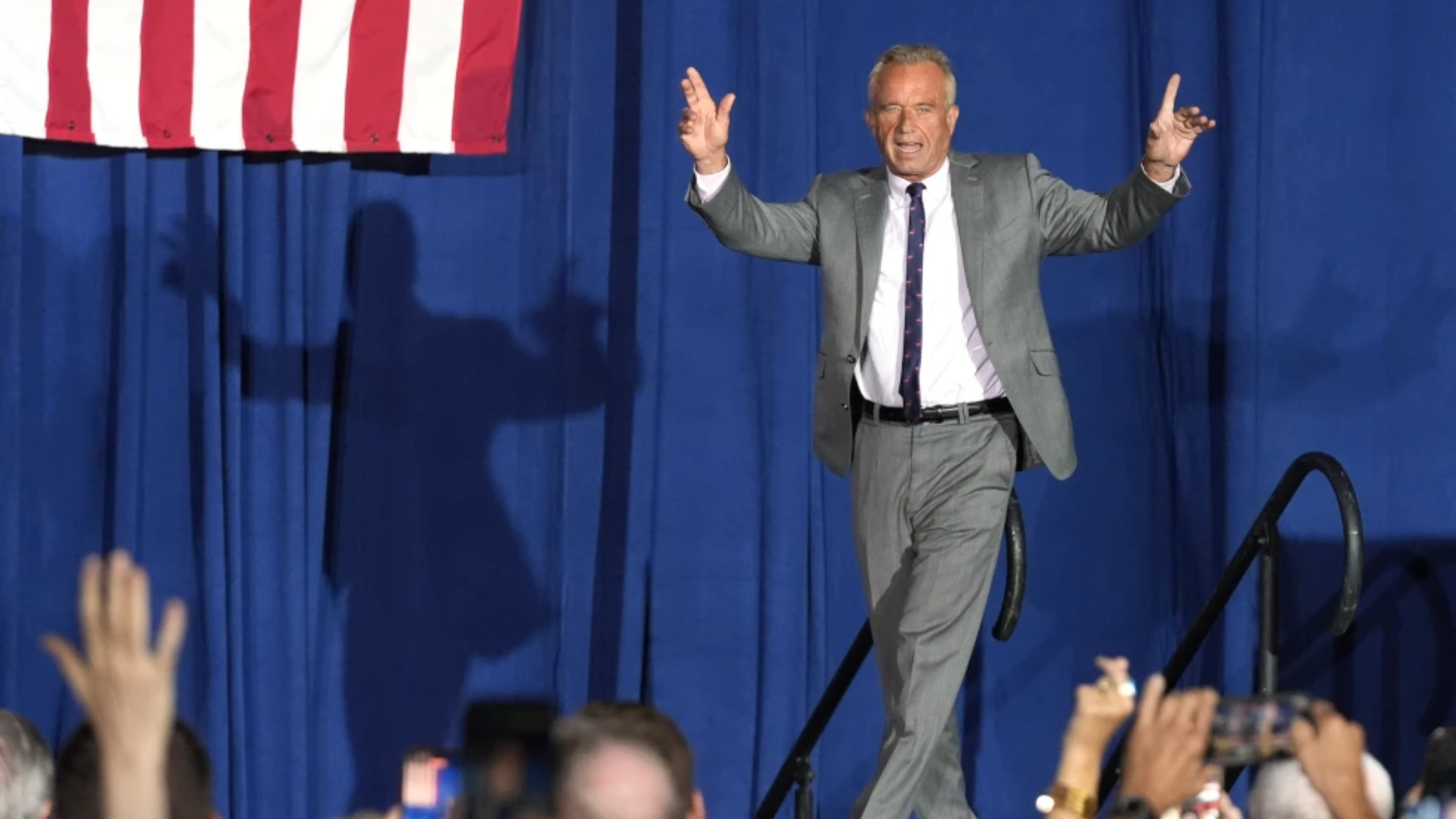WASHINGTON — (CNN) The Trump administration is taking another crack at rewriting its embattled travel ban this week, hoping this one will stand up in court.
Multiple federal courts across the country have granted requests to temporarily halt enforcement of the President’s executive order barring foreign nationals from Iran, Sudan, Libya, Somalia, Syria, Iraq and Yemen from entering the country for 90 days, all refugees for 120 days and all refugees from Syria indefinitely.
Homeland Security Secretary John Kelly said over the weekend that the White House is working on a “tighter, more streamlined version of the first executive order.”
But how exactly the administration plans to thread the needle between its travel ban and complying with the rights enshrined in the Constitution remains to be seen.
Here are the five main questions that could determine whether the new order will withstand legal challenges:
1. What’s the length of phase-in period?
The tumultuous rollout of Trump’s travel ban last month — chaos at airports, lack of guidance to front-line employees, no congressional understanding of the executive order — did not go unnoticed by the federal judiciary.
As US District Court Judge Leonie Brinkema remarked at a hearing in Virginia earlier this month: “It’s quite clear that … not all the thought went into it that should have gone into it. As a result, there has been chaos.”
The 9th Circuit Court of Appeals further explained that the Justice Department failed to show that the executive order “provides what due process requires, such as notice and a hearing prior to restricting an individual’s ability to travel.”
Kelly said this time around, the Department of Homeland Security would ensure that “there’s no one, in a sense, caught in the system of moving from overseas to our airports, which happened on the first release,” and “short phase-in period to make sure that people on the other end don’t get on airplanes.”
But how “short” is too short for the process that is due under the Constitution?
2. Is there any new evidence on those seven Muslim-majority countries?
The original executive order suspended citizens from Iran, Sudan, Libya, Somalia, Syria, Iraq and Yemen from entering the US for 90 days and barred refugees from Syria indefinitely.
But the 9th Circuit noted that the Trump administration “pointed to no evidence that any alien from any of the countries named in the order has perpetrated a terrorist attack in the United States.”
“The defendants have responded with no evidence other than the (executive order),” Brinkema similarly noted in her opinion last week.
Will the Justice Department attempt to bolster the record about the threat posed by terrorist organizations operating in particular nations this time around?
3. Is there any preference for religious minorities?
Section 5(b) of the current executive order arguably prioritizes the refugee claims of certain religious minorities.
The states that have challenged the travel ban say this provision — among others — violates the Constitution because it is mere pretext for religious discrimination against Muslims, pointing to Trump’s rhetoric of a “Muslim ban” from the campaign trail.
Courts have noted that the Trump administration hasn’t denied these statements and evidence of a discriminatory purpose “beyond the face” of an executive action may be examined — so if the new executive order strikes all or part of section 5, does that help the administration’s case?
4. What happens to student visa-holders?
Kelly said it’s a “good assumption” to believe legal permanent residents or green card holders will be formally exempted from the executive order.
But the current lawsuits involve many more diverse categories of foreign travelers.
For instance, the Virginia attorney general’s office successfully argued that the travel ban was hurting student enrollment and faculty recruitment at its public universities.
So if visa holders are not protected like green card holders — how does the government avoid more litigation?
5. Will existing visas be revoked again?
The 9th Circuit noted that even if legal permanent residents were protected under the executive order, “the States would continue to have potential claims regarding possible due process rights of … non-immigrant visa holders who have been in the United States but temporarily departed or wish to temporarily depart,” and those “who have a relationship with a US resident or an institution that might have rights of its own to assert.”
Last month, the State Department revealed that 60,000 visas were revoked after Trump signed the executive order.
The agency was then forced to reverse the cancellation of those visas after a federal judge in Seattle blocked applicable sections of the executive order.
So what happens this time to the visa-holder from Iran with relatives in the US?
The-CNN-Wire ™ & © 2017 Cable News Network, Inc., a Time Warner Company. All rights reserved. (PHOTO: CNN/pool)






















